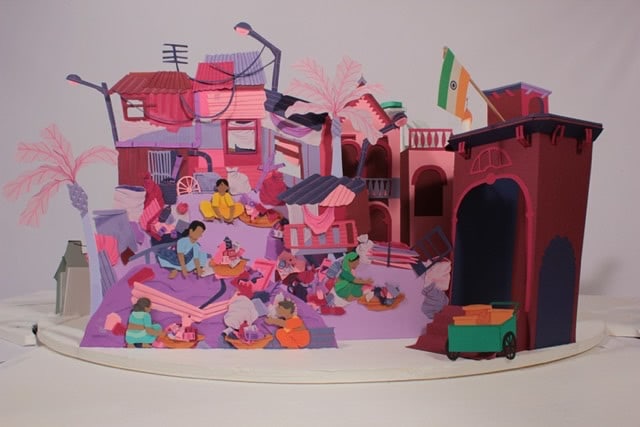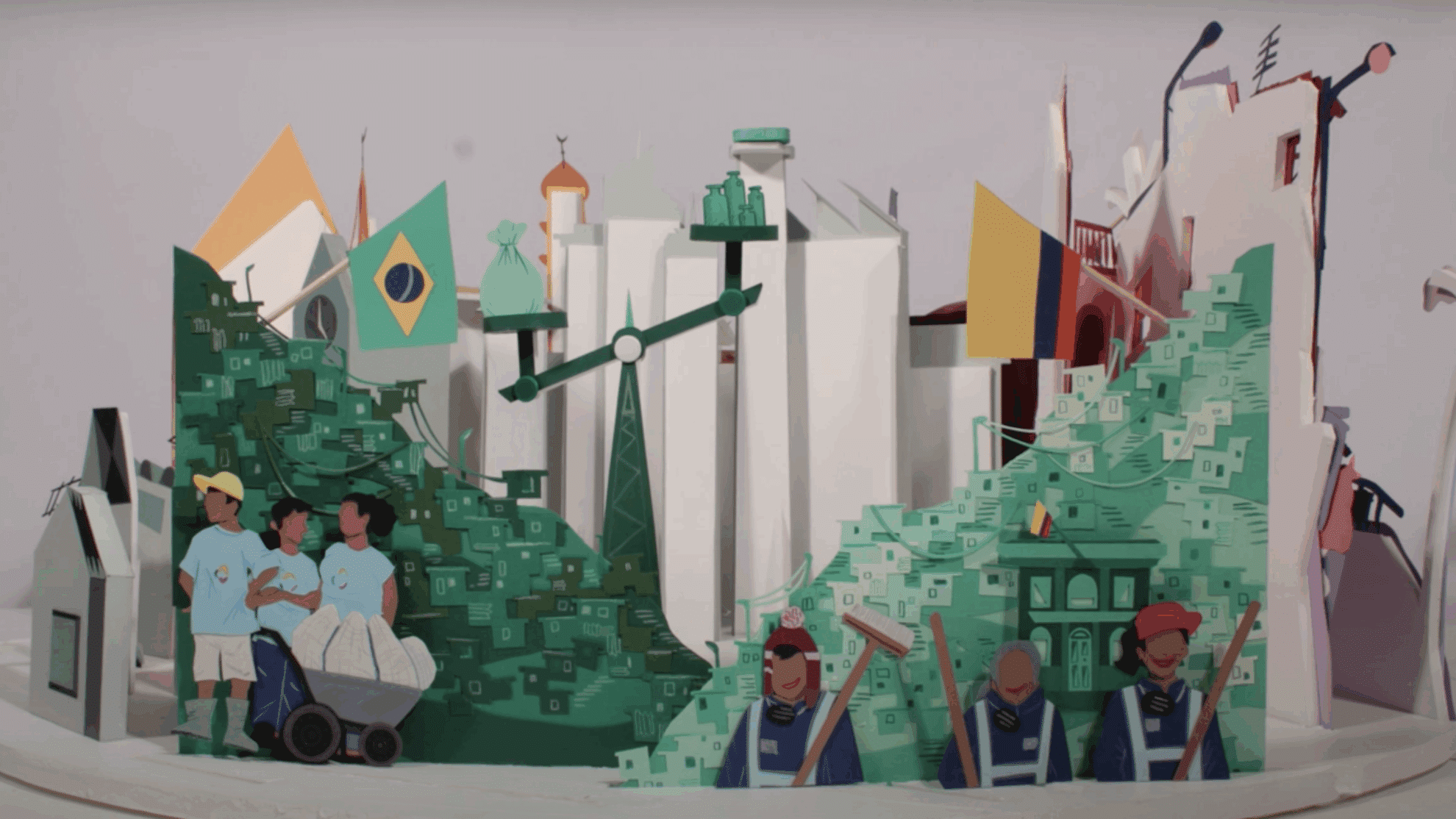Since 2007, WIEGO has worked with waste picker groups around the world that organize and represent people who support themselves by selling and re-using what other people have cast aside as trash. These groups struggle to ensure that waste pickers are formally recognized and fairly remunerated for the crucial contributions they make to municipal waste management systems, the environment, and city life. Over the years, WIEGO has documented these contributions and struggles in a number of publications. Now, a new video, Just Recycling, provides concrete examples of innovative ways that waste pickers have been integrated into municipal waste systems, and highlights key factors that must be taken into account when developing local approaches. We wanted to show the benefits of just approaches to including waste pickers—it is good for the environment, it promotes social justice by improving income and security and ensuring waste pickers are part of decisions related to waste, and it saves cities money. WIEGO works with waste picker organizations in many countries, so we had to make strategic choices about which examples to include. The video focuses on Cairo, Egypt; Bogota, Colombia; Pune, India; and several municipalities in Brazil. 
Shifting Circumstances
During the time it took to produce this video, we faced the challenge of shifting circumstances—just as our waste picker allies do. The situation in some of the municipalities we included has already changed. Waste pickers in Pune, India, for example, had a long-standing contract with the local municipality to provide a door-to-door waste collection service. While we were producing the video, the contract was not in force. It had not been renewed. But now it has been—and that’s good news for the waste pickers and residents who have come to count on this service as well as for the municipality, which continues to benefit. In Bogota, the winds have also shifted, and shifted again, putting waste pickers’ livelihoods at the mercy of political machinations. This underlines a key point in the video: that waste is deeply political, and that careful attention must be paid to relevant social, political, cultural, historical, and economic issues when developing particular approaches to formally including waste pickers. Even as specific circumstances continue to change in each of the cities discussed in the film, we hope that it will provide a useful resource for waste pickers, policymakers, and government officials who are seeking to find just ways to recognize and strengthen the contributions waste pickers already make in their cities.
Watch the video

